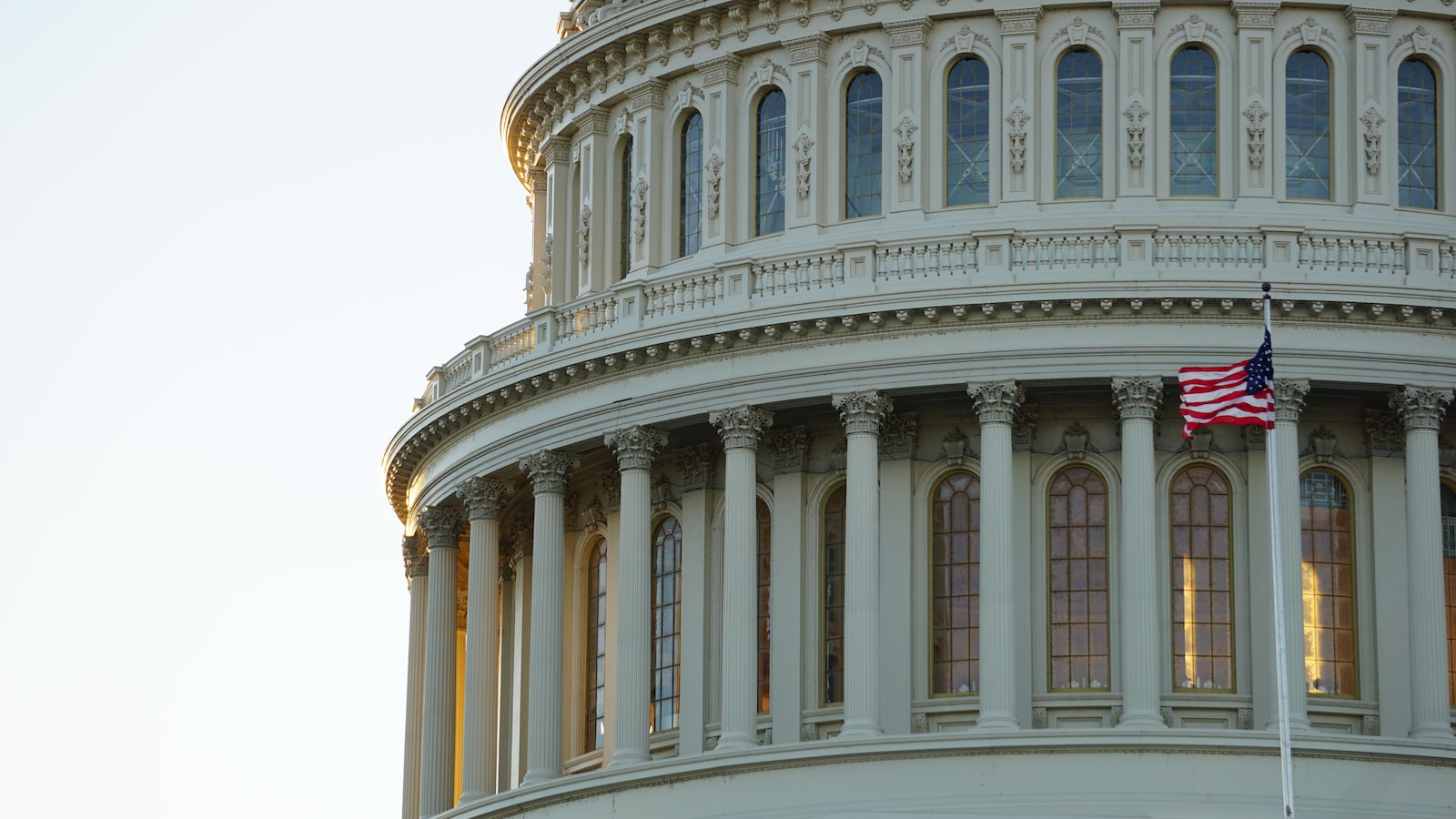The Risks of Reintroducing Harmful Antitrust Legislation in the U.S. Congress

Tomorrow, the Senate Judiciary Subcommittee on Competition Policy, Antitrust, and Consumer Rights will hold a hearing on “Reining in Dominant Digital Platforms: Restoring Competition to Our Digital Markets.” This hearing is expected to set the stage for the discussion and possible introduction of legislation similar to the American Innovation and Choice Online Act (AICOA), the Journalism Competition and Preservation Act (JCPA), and the Open App Markets Act (OAMA). As the committee discusses aspects of competition policy, legislative proposals like these must be subject to further evaluation. If we do not properly reflect upon the flaws of these previous proposals, future legislation following in the footsteps of these bills could inhibit innovation, quash content moderation, and even break digital services, hurting customers and businesses alike and damaging U.S. global competitiveness.
The American Innovation and Choice Online Act
Chief among the three pieces is the American Innovation and Choice Online Act (AICOA), about which DisCo has previously expressed concerns. One key problem with this legislation was the basis on which it was drafted, in part mimicking the European Commission’s Digital Markets Act (DMA). The DMA was intended to support Europe’s “digital sovereignty” by imposing a number of obligations on companies designated as “gatekeepers” and creating an environment of “contestability” and “fairness” for European businesses. AICOA copied this concept of “gatekeepers,” but instead used the term “covered platforms” and based the defined scope of this concept solely on the size of a company with no demonstrable harm to competition or consumers. Like the DMA’s gatekeepers, this concept would have introduced heavy obligations on businesses that met the threshold, restricting common and generally procompetitive or competitively benign business practices. This approach, similar to Europe’s, would only serve to weaken U.S. global competitiveness and actually dissuade talent and investors from operating in the U.S. It would also shift the focus in antitrust law and policy from preventing anti-competitive conduct to instead focusing only on corporate size.
Furthermore, AICOA wouldn’t simply hamper the operations of businesses that met the threshold to be a covered platform, but it also would have broken important digital services that benefit consumers. One such example is Amazon Prime. Under AICOA, practices such as self-preferencing, conditioning preferred placement on the purchase of another service, and curating recommendations would all become prohibited for covered platforms. This would impact multiple aspects of Amazon Prime such as nullifying Fulfilled By Amazon, removing Prime badges on products, limiting the ways in which Amazon can promote its AmazonBasics brand, stopping Amazon from making tailored product recommendations and highlighting Prime offers, and preventing Amazon’s ability to offer two-day shipping. Losing all of these aspects of Prime would simply remove the value of the service to both businesses and consumers.
In addition, as written AICOA wouldn’t just impact the practices of larger firms. In fact, it would seriously inhibit content moderation across the board by limiting the ability to remove hate speech, harassment, and misinformation or disinformation.
Finally, AICOA could have drastic effects on data privacy, the security of users’ data, and the cybersecurity of the nation. The bill’s proposed access and data transfer mandates would leave firms and therefore consumers more vulnerable to data breaches and aggression from bad actors.
The Journalism Competition and Preservation Act
The Journalism Competition and Preservation Act (JCPA) is another proposal with numerous problems that must be addressed before considering future legislation. The proposal itself had critical constitutional problems, including likely First Amendment violations through mandating that companies must carry publishers’ speech, cannot remove that speech, and actually must pay the publishers to link to that speech.
The JCPA would also affect content moderation practices by inhibiting platforms’ ability to take down hate speech and fight misinformation. This would only hamper online services’ ability to protect their users and create a platform they feel comfortable using.
In addition, the JCPA would have granted a partial antitrust exemption in a government-guided effort to make prices subjectively “fair,” which would instead permit favored businesses to form cartels, contrary to established U.S. antitrust principles. This would allow these businesses to avoid competing on the merits and sidestep innovation, surviving off of those who competed in the market to offer the best service.
The Open App Markets Act
Last, the Open App Markets Act (OAMA) would regulate a handful of app stores by requiring interconnection with third-party payment systems and mandating the installation of third party apps and app stores and other pricing and business decisions. However, it excludes app stores such as the ones on Xbox and Playstation consoles.
As a key concern about this bill, mandating interoperability would require companies to share their intellectual property with others. OAMA would also limit companies’ incentives to innovate, in addition to putting consumer data and privacy at risk.
Without regard to business models, privacy or security of data, and concern about competition and the welfare of users, OAMA’s excessive mandates and narrow affirmative defenses would put the entire app store ecosystem at risk.
Conclusion
Excessive regulatory proposals inhibit the competitive and innovative landscape here at home, while damaging U.S. competitiveness abroad. Some members of Congress are considering proposals along the lines of the DMA’s notion of “gatekeepers” to address perceived deficiencies in antitrust policy. However, this approach presents numerous flaws as repeatedly highlighted by antitrust, privacy, and national security experts alike. As prominent antitrust scholar Herbert Hovenkamp also noted in a recent paper titled Gatekeeper Competition Policy, AICOA, the most notable bill in the U.S. following such an approach, “was a bill that deserved to die.” As such, instead of pursuing flawed legislative proposals, Congress must consider legislation that truly benefits consumers and the U.S. economy and that can successfully pass through both chambers of Congress.








